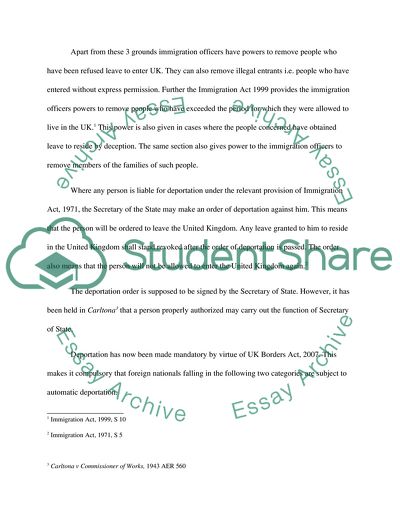Cite this document
(“The Issues of Deportation in the UK Research Paper”, n.d.)
The Issues of Deportation in the UK Research Paper. Retrieved from https://studentshare.org/law/1732149-immigration-you-find-attached-what-is-the-question
The Issues of Deportation in the UK Research Paper. Retrieved from https://studentshare.org/law/1732149-immigration-you-find-attached-what-is-the-question
(The Issues of Deportation in the UK Research Paper)
The Issues of Deportation in the UK Research Paper. https://studentshare.org/law/1732149-immigration-you-find-attached-what-is-the-question.
The Issues of Deportation in the UK Research Paper. https://studentshare.org/law/1732149-immigration-you-find-attached-what-is-the-question.
“The Issues of Deportation in the UK Research Paper”, n.d. https://studentshare.org/law/1732149-immigration-you-find-attached-what-is-the-question.


